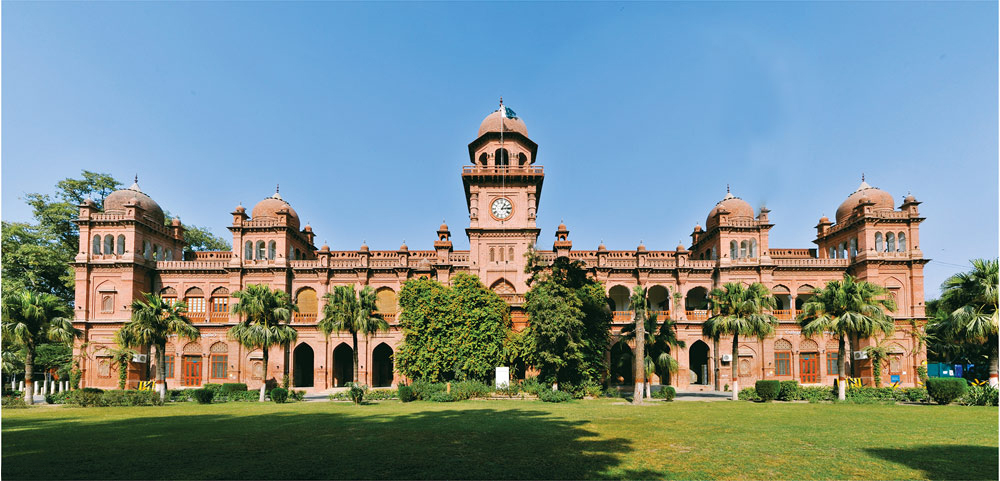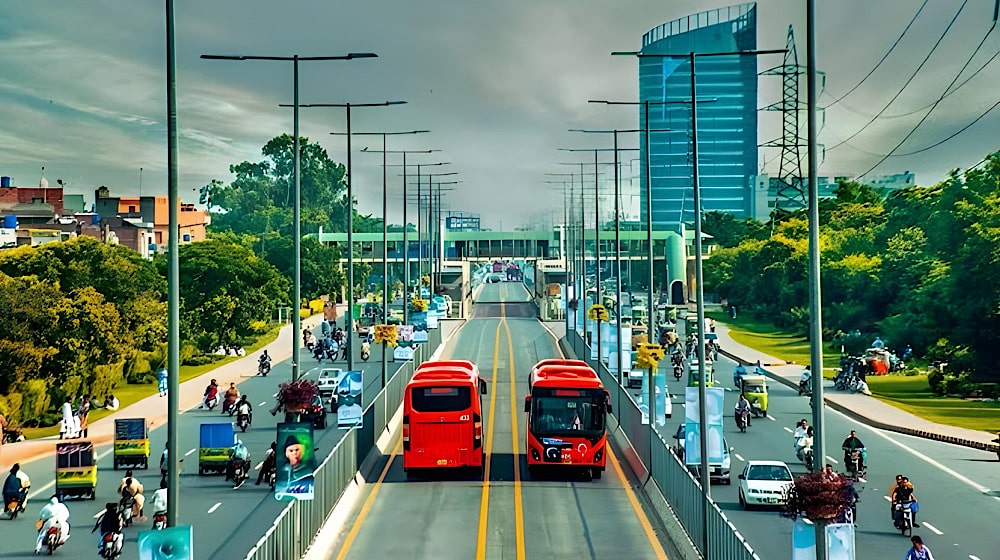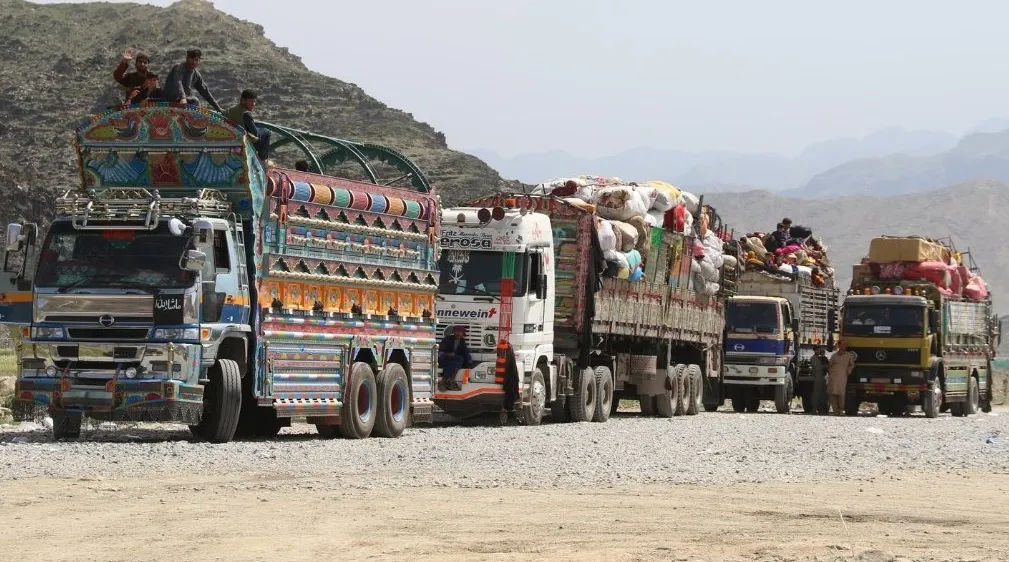- Pak-China modern agriculture training labs to be established: Max Ma RADIO PAKISTAN
- Pakistan focuses on export investments, mobilises $11 billion in MoUs with China The Express Tribune
- China’s innovation shift opens strategic window for…
Category: 1. Pakistan
-
Pak-China modern agriculture training labs to be established: Max Ma – RADIO PAKISTAN
-
PM Shehbaz, UAE President review economic cooperation – RADIO PAKISTAN
- PM Shehbaz, UAE President review economic cooperation RADIO PAKISTAN
- Pakistan, UAE hold ‘substantive talks’ during President Al Nahyan’s first official visit to Pakistan Dawn
- PM Shehbaz, UAE president call for expanding bilateral…
Continue Reading
-

PU PSC organizes special lecture
Lahore: (Friday, December 26, 2025): Punjab University Pakistan Study Centre (PSC) in collaboration with American Institute of Pakistan Studies (AIPS) organized a lecture on ‘Tradition and Technology: Fatwas in the Computer Age’. On this…
Continue Reading
-
KP CM Afridi reaches Lahore to launch PTI’s fresh street movement – Dawn
- KP CM Afridi reaches Lahore to launch PTI’s fresh street movement Dawn
- No rest until street movement succeeds as workers fully charged, mobilized: CM Afridi Pakistan Today
- K-P CM to visit PTI leaders’ homes The Express Tribune
- CM Afridi rejects…
Continue Reading
-

Punjab Announces Three Days of Free Public Transport in Lahore
The Punjab government has announced special arrangements for Basant celebrations in Lahore, including free public transport for residents.
An important meeting on Basant was held in Lahore, where officials discussed safety measures and…
Continue Reading
-

More Than 3,400 Return to Afghanistan in a Single Day – KabulNow
More than 3,400 Afghan migrants were deported from Pakistan and Iran and returned to Afghanistan in a single day, according to the Taliban-run Commission for Addressing Migrants Problems.
The commission said that on Thursday (December 25), a total…
Continue Reading
-

Why is the sale of Pakistan’s national airline stirring a political storm? | Aviation News
Islamabad, Pakistan – After seven decades as Pakistan’s state airline, the government sold a majority stake in Pakistan International Airlines (PIA) earlier this week for $482m in a publicly televised auction, ending years of failed…
Continue Reading
-
50 Afghan prisoners released from Pakistan-Xinhua
KABUL, Dec. 26 (Xinhua) — Afghanistan’s Ministry of Refugees and Repatriation has announced the release of 50 Afghan migrants from prisons in Pakistan, according to an official statement.
The statement said the migrants had been detained…
Continue Reading
-
50 Afghan prisoners released from Pakistan-Xinhua
KABUL, Dec. 26 (Xinhua) — Afghanistan’s Ministry of Refugees and Repatriation has announced the release of 50 Afghan migrants from prisons in Pakistan, according to an official statement.
The statement said the migrants had been detained…
Continue Reading
-
Is Bangladesh Becoming East Pakistan 2.0? |S3| Ep 35 – India Today
- Is Bangladesh Becoming East Pakistan 2.0? |S3| Ep 35 India Today
- Yunuss decision-making clearly influenced by jihadist elements in Bangladesh: Ex-diplomat on recent violance Tribune India
- Intelligence flags ISI nexus in Dhaka’s Housing Scheme,…
Continue Reading